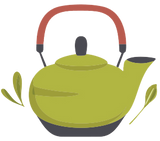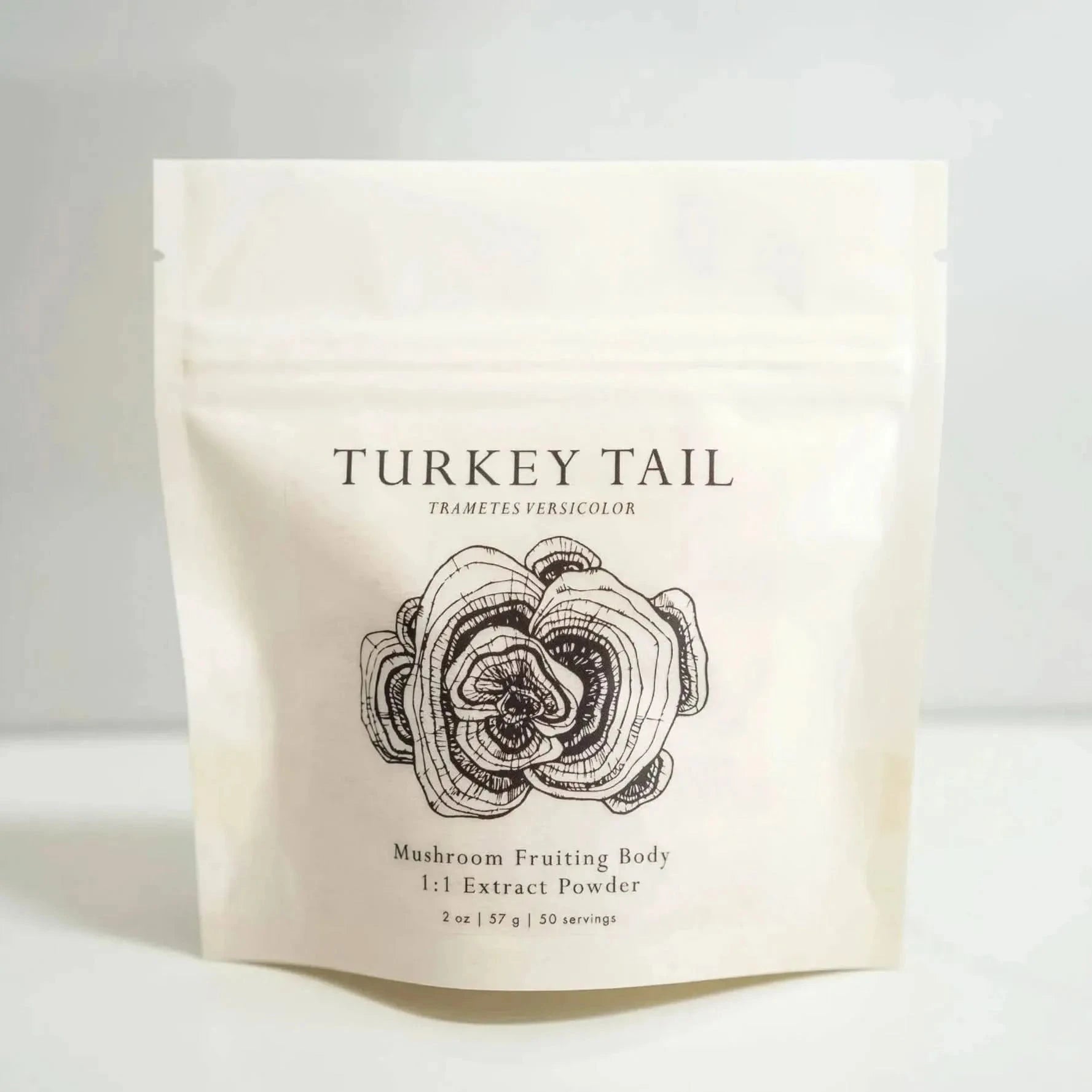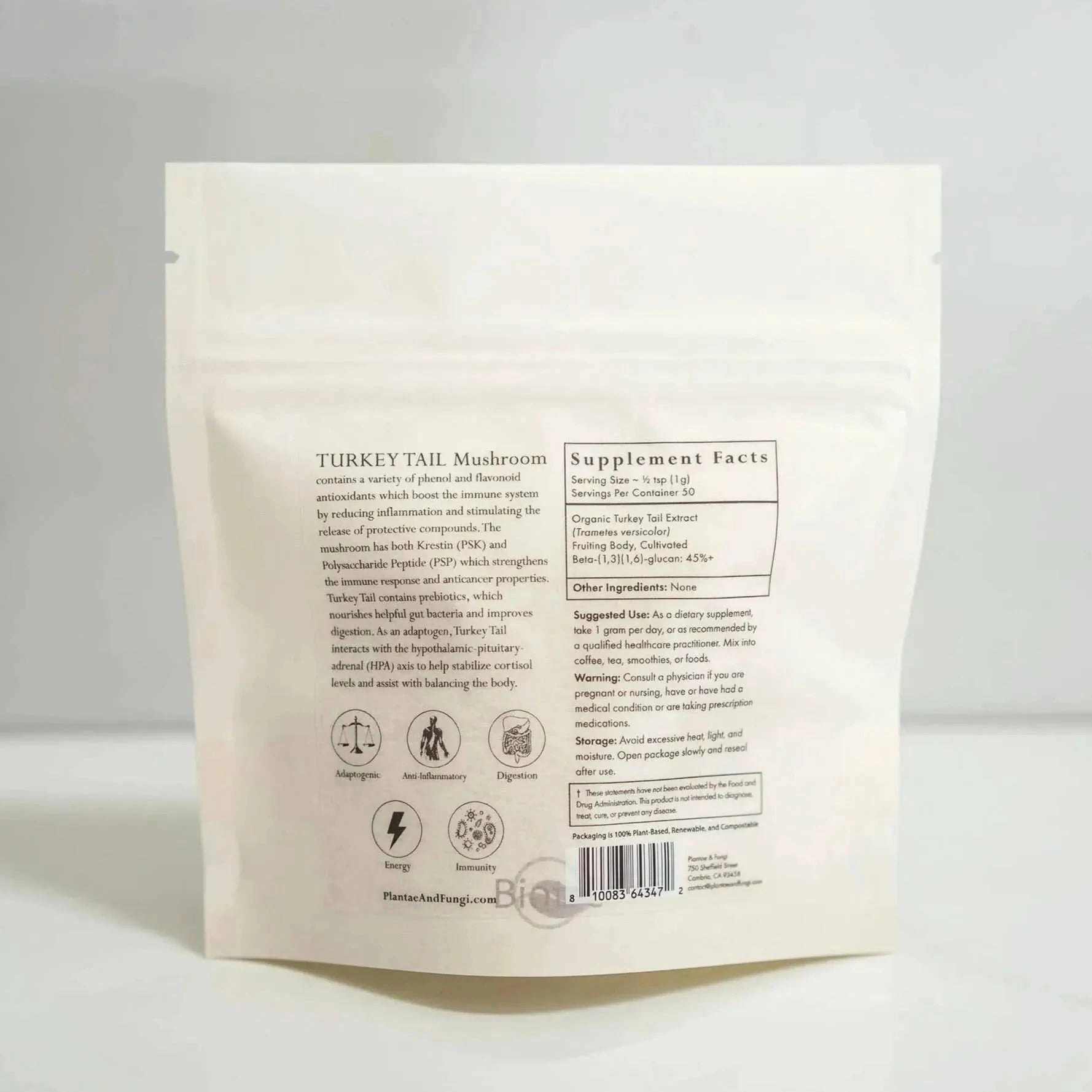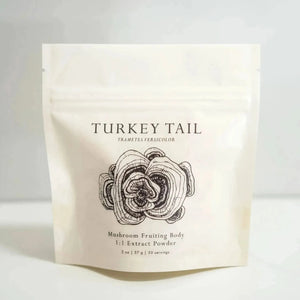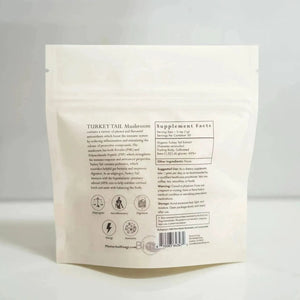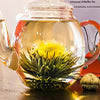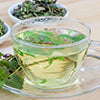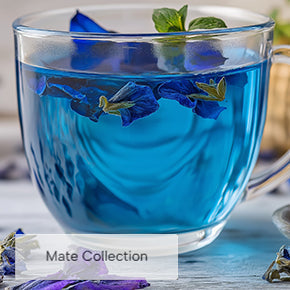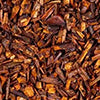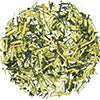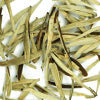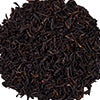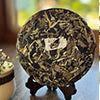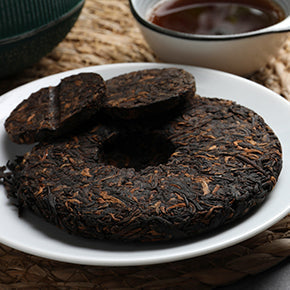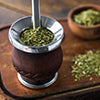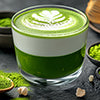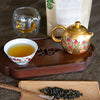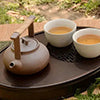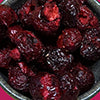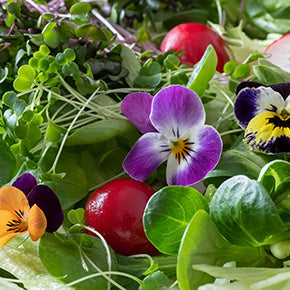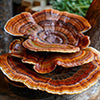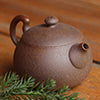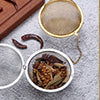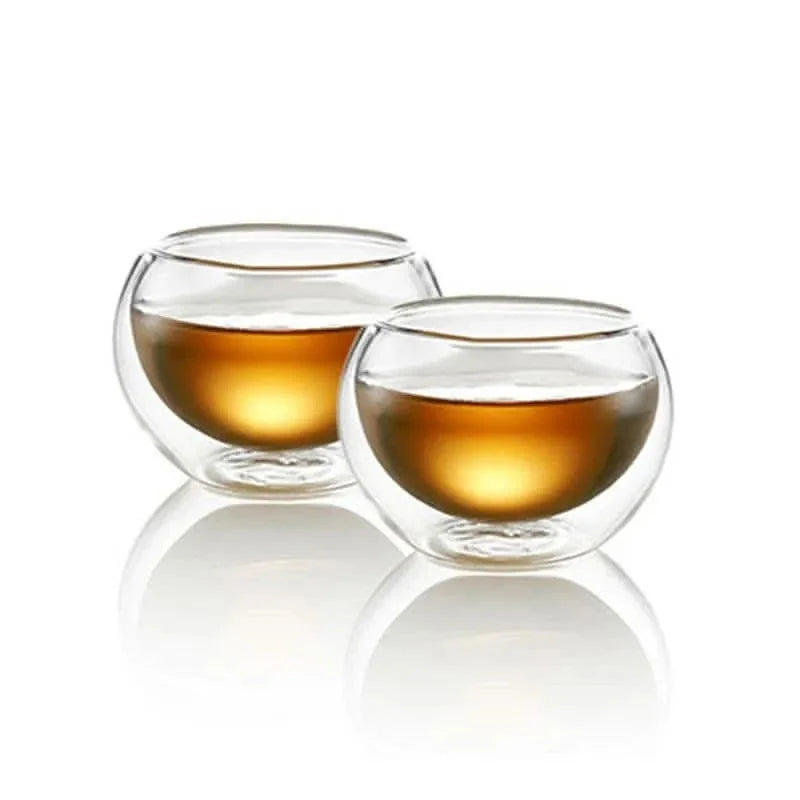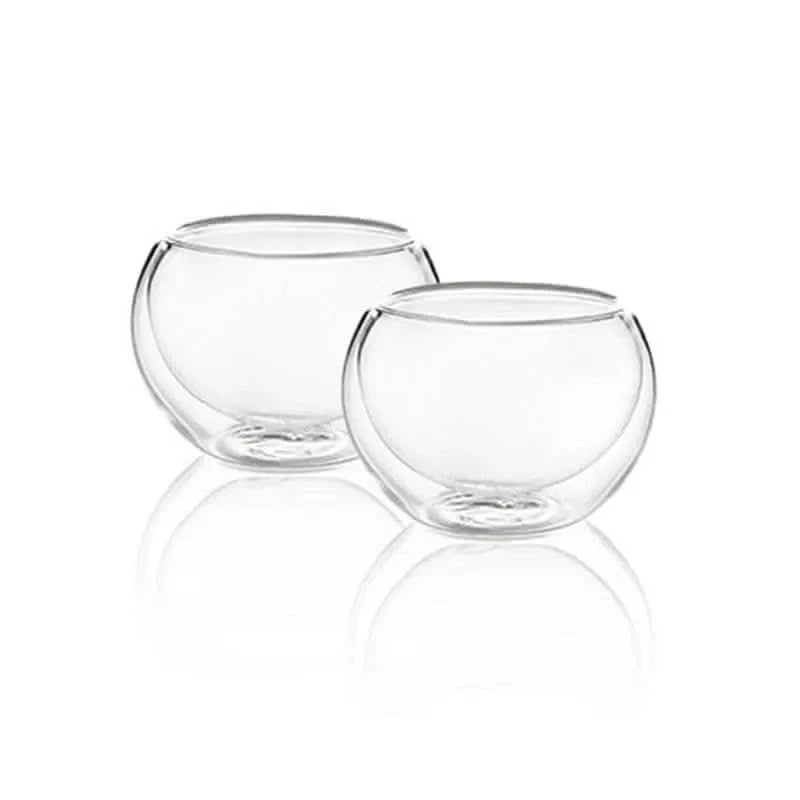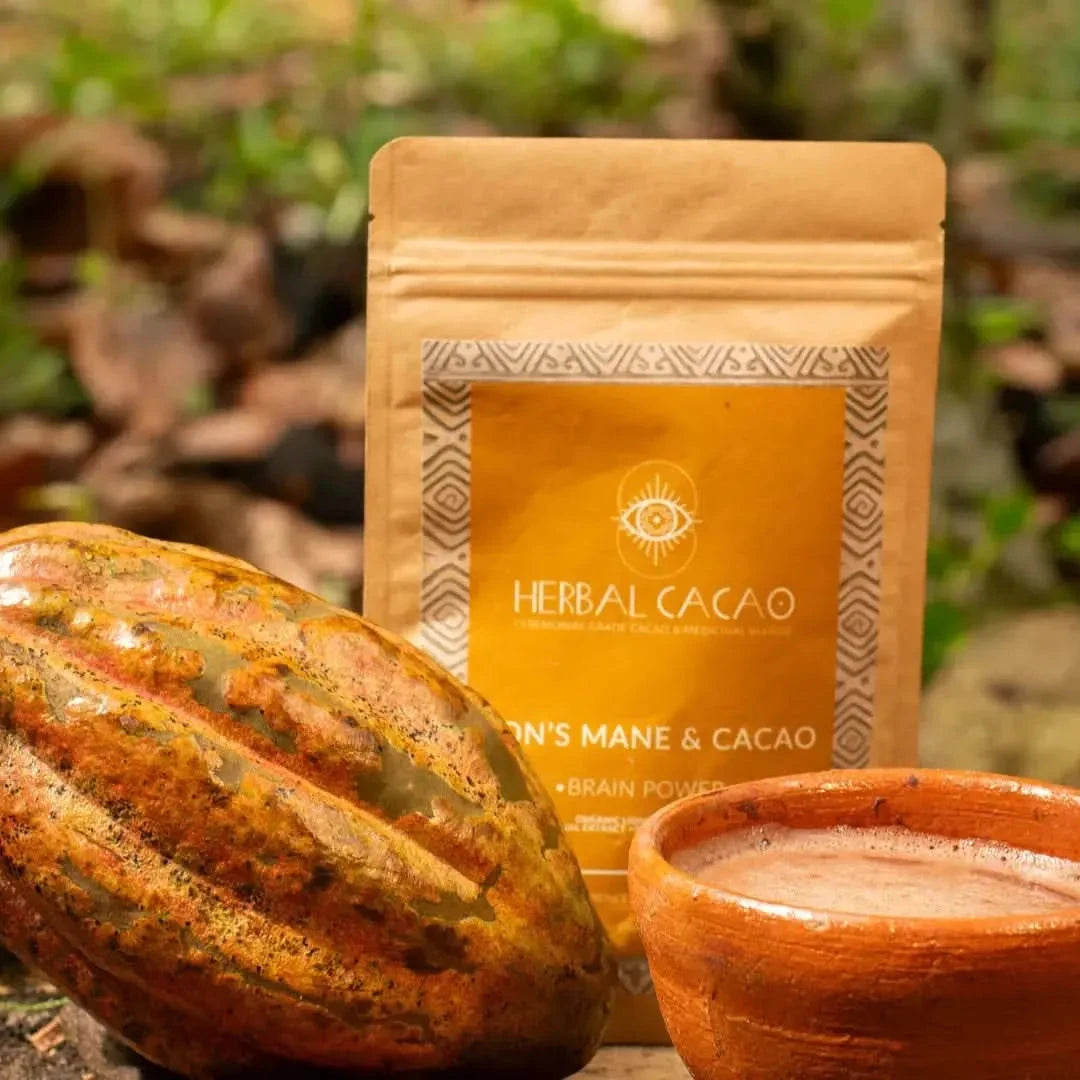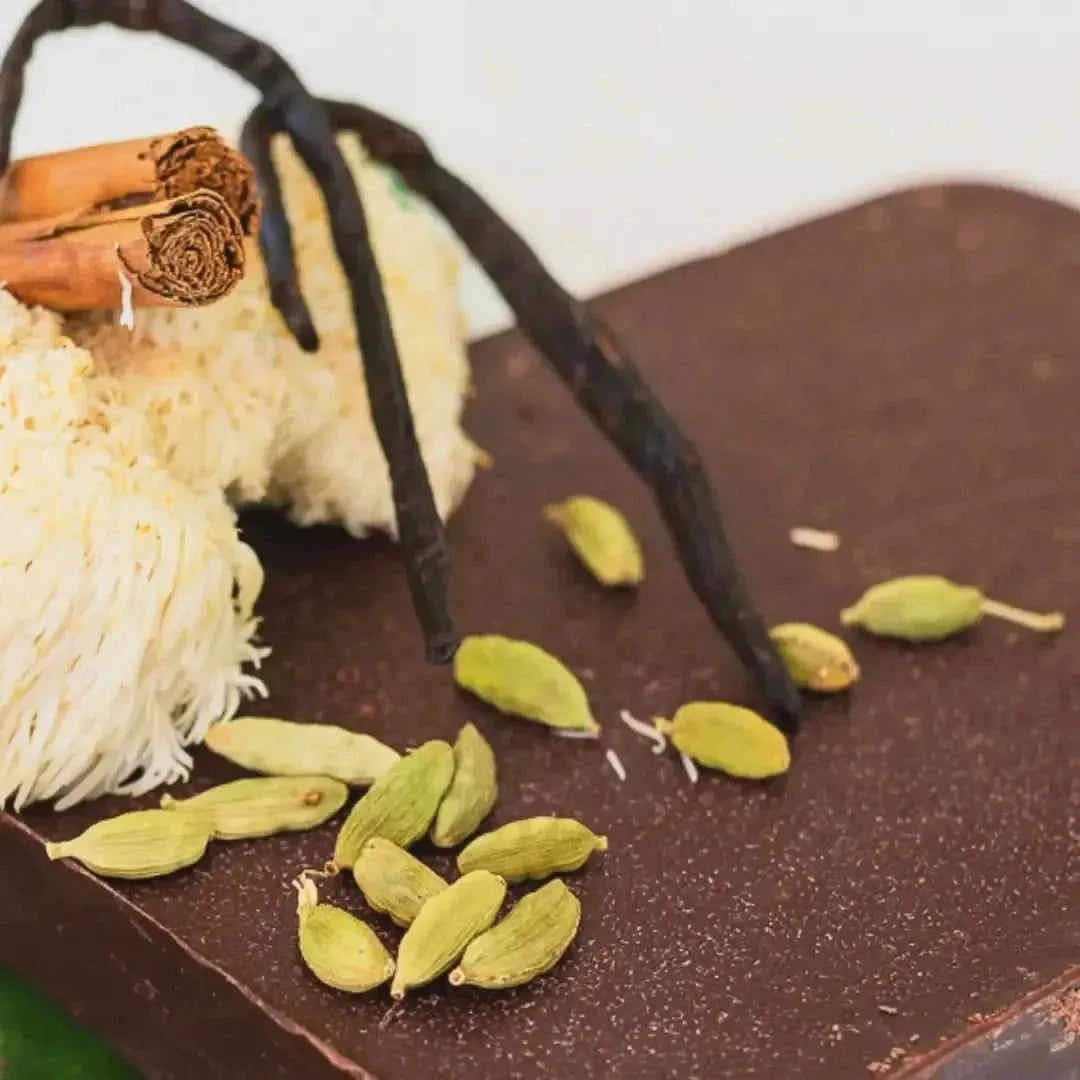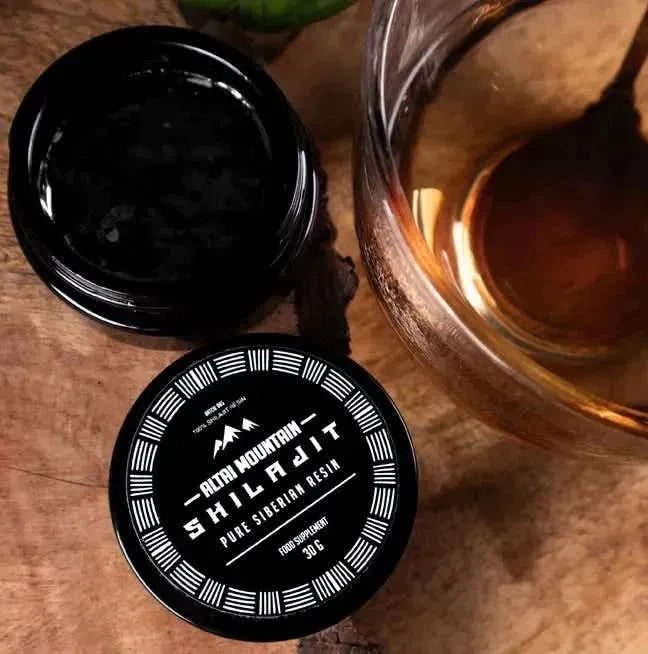Mushrooms Turkey Tail Powder - Immune-Supporting Medicinal Fungus
Dual-Extracted Medicinal Mushroom
Turkey Tail (Trametes versicolor) powder derives from carefully selected fruiting bodies harvested at peak maturity. This professional-grade extract undergoes dual extraction processes to maximize both water-soluble and alcohol-soluble compounds. Each batch receives thorough testing for beta-glucan content, polysaccharide levels, and bioactive compound preservation.
The extraction process employs precise temperature control and extended extraction periods to optimize the concentration of Polysaccharide Krestin (PSK) and Polysaccharide Peptide (PSP). Modern analytical techniques verify the presence and potency of these immunomodulating compounds.
Quality control measures include testing for heavy metals, pesticides, and microbial contamination. The resulting powder demonstrates high bioavailability and concentrated levels of therapeutic compounds.
Guarantee Safe Checkout
Usage Guidelines
Dosage Recommendations:
- Starting Dose: 1-2g daily
- Maintenance: 2-3g daily
- Therapeutic: 3-5g daily
- Timing: Between meals
Preparation Methods:
- Hot Water Extract: 2g per cup
- Smoothie Addition: 1-2g per serving
- Capsule Option: 500mg-1g doses
- Tincture Format: 2-3ml thrice daily
Storage Instructions:
- Keep in airtight container
- Store in cool, dry place
- Avoid direct sunlight
- Use within 24 months
Technical Specifications
Active Compounds:
- Beta-glucan Content: >30%
- Polysaccharide Content: >40%
- PSK/PSP Levels: Standardized extract
- Protein Content: >12%
Processing Parameters:
- Extraction Ratio: 10:1
- Dual Extraction Method: Water and Alcohol
- Water Extraction Temperature: 80°C
- Alcohol Extraction Percentage: 35%
Physical Properties:
- Particle Size: <75 microns
- Moisture Content: <5%
- Bulk Density: 0.5-0.6 g/cm³
- Color: Light brown to tan
Quality Control:
- Heavy Metal Testing: USP compliance
- Microbial Testing: USP standards
- Pesticide Screening: EU regulations
- Shelf Life: 24 months
Comprehensive Benefits
Immune System Support:
- Enhancement of natural killer cell activity
- Increased macrophage function
- T-lymphocyte activation support
- Cytokine production modulation
- Adaptive immunity enhancement
Oncological Applications:
- PSK/PSP immunomodulatory effects
- Support during conventional treatments
- Cellular health maintenance
- Oxidative stress protection
- Immune system balance
Gastrointestinal Support:
- Prebiotic fiber benefits
- Gut microbiome modulation
- Digestive health maintenance
- Barrier function support
- Nutrient absorption optimization
Additional Benefits:
- Antioxidant properties
- Anti-inflammatory effects
- Cardiovascular support
- Metabolic health maintenance
- Energy level support
Traditional Heritage
Turkey Tail mushroom holds profound significance in Traditional Chinese Medicine (TCM), where it has been utilized for centuries under the name Yun Zhi. Ancient texts document its use for strengthening vital energy and supporting immune function.
In Japanese traditional medicine, known as Kawaratake, the mushroom gained prominence for its health-supporting properties. Modern research in Japan led to the isolation and development of PSK, which received approval as an adjunct therapy in the 1980s.
Native American traditions also recognized Turkey Tail's medicinal properties, using it in teas and poultices. The mushroom's distinctive appearance, resembling a wild turkey's tail, influenced its common name and cultural significance across various societies.
Contemporary scientific investigation continues to validate traditional applications while uncovering new therapeutic potential, bridging ancient wisdom with modern medical understanding.
